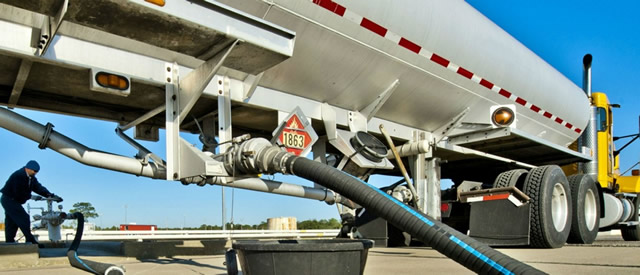The Federal Ministry of Aviation, in collaboration with key national and international partners, convened a high-level regional workshop on financing sustainable aviation fuels in Lagos from May 5 to 9, 2025.
According to a signed statement by the Director of Public Affairs and Consumer Protection of the Nigeria Civil Aviation Authority, Michael Achimugu, it was noted that the event was organised by the NCAA in collaboration with the National Council on Climate Change Secretariat.
Another partner was the European Union Aviation Safety Agency. The event was part of the Assistance, Capacity Building and Training for Sustainable Aviation Fuels Africa–India Project.
The workshop was also coordinated by the NCAA’s official in charge of the Directorate of Air Transport Regulations, Yinka Iriobe, and featured participation from 14 African countries, SAF project developers, and international financial institutions.
Discussions centred on SAF investment challenges, risk mitigation strategies, and how to enhance the bankability of SAF projects across Africa.
A major highlight of the workshop was the official inauguration of six Technical Working Groups by the Director-General of NCAA, Capt Chris Najomo. The TWGs are: Policy and Regulation, Feedstock and Production, Funding and Investment, Technology and Innovation, Environmental and Social Impact, Infrastructure and Logistics.
These TWGs will steer Nigeria’s SAF development by shaping strategy across policy, feedstock sourcing, infrastructure development, financing mechanisms, environmental safeguards, and technological innovation.
The five-day hybrid workshop, themed “Access to Finance for SAF Production,” aimed to tackle real-world challenges faced by SAF developers and financiers under the ACT-SAF EU–African Indian Project (Part II).
It confronted the realities from SAF Project Developers and Financiers; discussed different de-risking strategies and the role of all actors in achieving viable SAF production in Africa.
Other key objectives include enhancing the understanding of SAF Direct Supply Line and its (financial) assessment tools; sharing the best practices in financial practices; identifying and mapping key stakeholders in the finance space; and discussing available financial instruments in support of SAF development.
Delivering his remarks, Najomo, represented by Bukola Teriba, NCAA Regional Manager, Lagos Office, emphasised the strategic importance of financial access in driving SAF progress.
He stressed the critical importance of access to finance for SAF Production Projects as well as its importance in reducing the environmental impact of aviation, which aligns with ICAO’s Long-Term Aspirational Goal on net-zero carbon emission by 2050.















